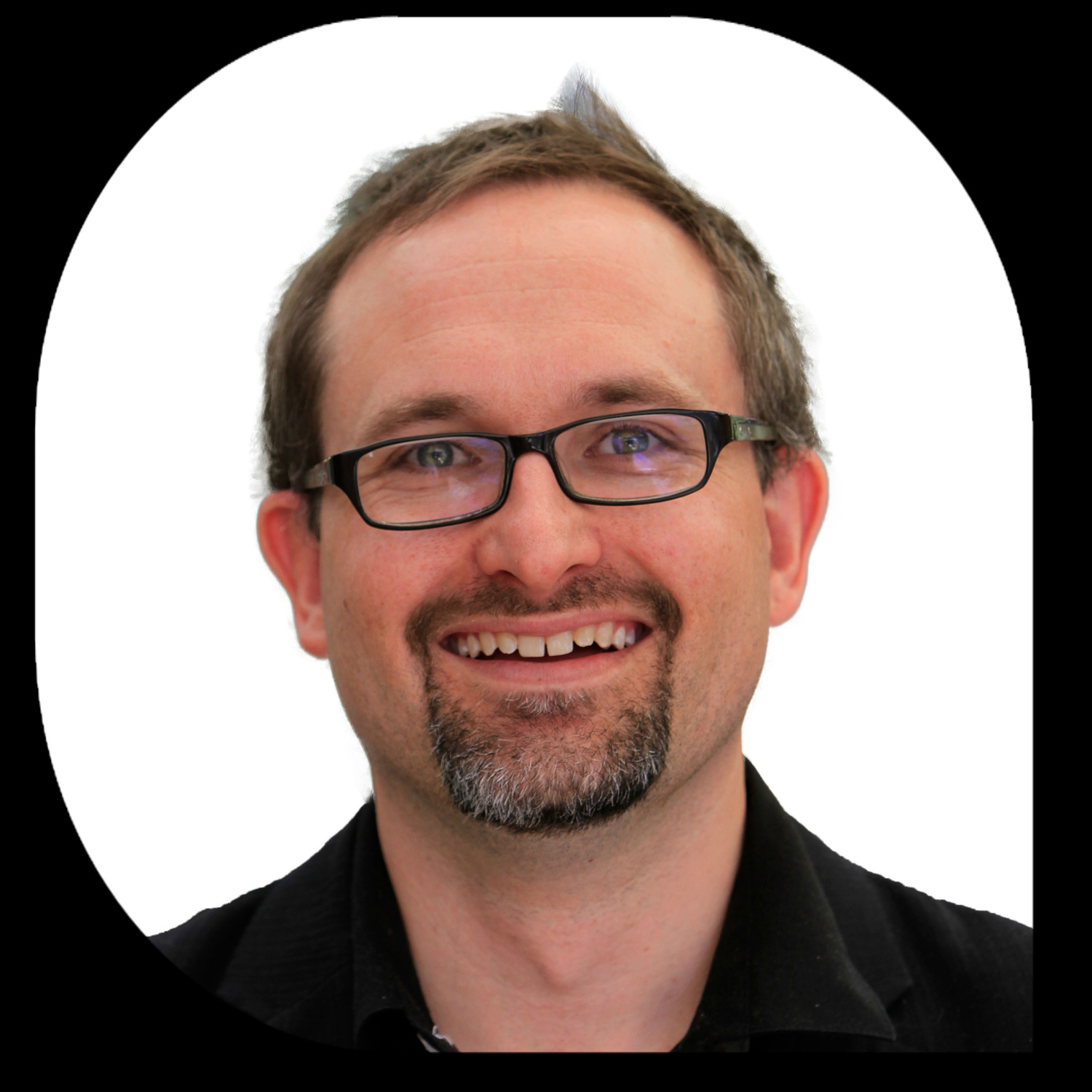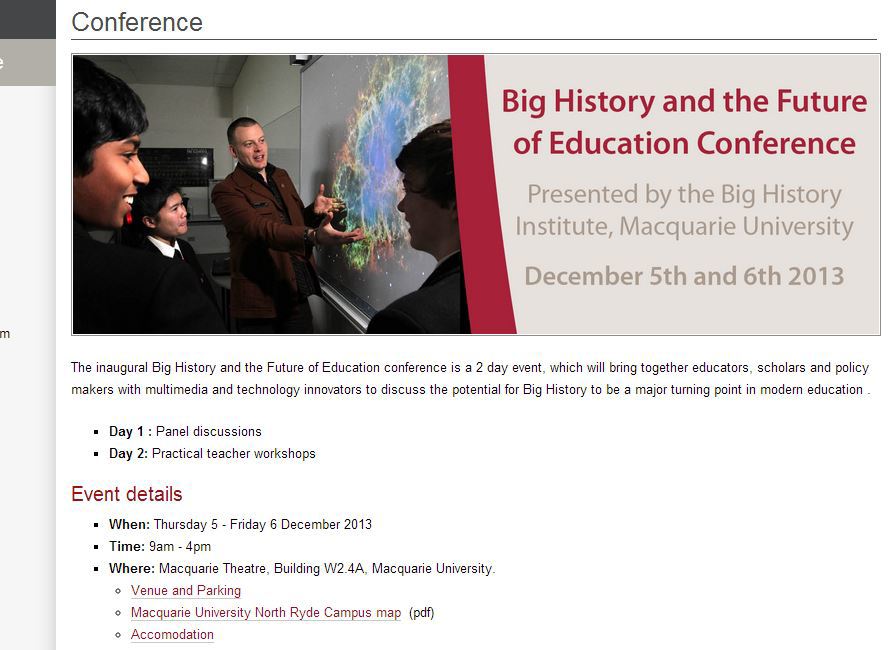Pygmalion Education
Pygmalion begs Venus to make his sculpture come alive.
Ovid recounts in Metamorphoses how a sculptor called Pygmalion falls in love with his own handiwork. This myth has been reinterpreted countless times, for instance by Bernard Shaw in his play "Pygmalion", which was then turned into the film "My Fair Lady".
Of course the basic dynamic of projecting onto another person our every aspiration and then praising the fictional result is a universal blind spot, and it crops up in all kinds of ways in most human relationships.
Many have used the myth to explore similar dynamics in the education sphere, in texts such as "My Fair Lady".
I return constantly to the Pygmalion effect when trying to find clarity in the complexity of current educational discourse.
The education landscape is one giant screen onto which are projected all the oughts and shoulds of every vested party. At the center of this picture emerges a picture of the ideal child, ideally educated, and defined in great detail via curriculum outcomes, general capabilities. the 21st century competencies, local school values, and so on.
Schooling becomes a very particular focal point for the collective consciousness... a peculiar neuroses writ large on the world stage with an OCD-like obsession with kid KPIs. It is too obvious a move: apply processes that work with products to people. And with such gusto! It is all well-meant and comes from an ostensibly good place.
Fortunately, at the local level we have freedom to create a space between the curriculum and the children - and space for colleagues too. We can interpret, design, implement for people instead of products.
As hippie as it sounds, I quite like the metaphor of "ecoystem" for school communities as an alternative to "factory".
It is up to all of us to live and breathe humanity into schooling in our every interaction.
Let's seek to create space in schools where others - colleagues, leaders, and students - can be the crazy and contradictory sorts of individuals that make life interesting and joyous and differentiated.
It doesn't mean lowering expectations or a vacuum, and it doesn't mean letting go of ambitious visions we have for each other and for the next generation.
There is room here for a more elastic and multi-directional version of the Pygmalion effect, where at a local level we set an ambitious vision & find ambitious places for every person within that vision. It can be hit and miss, and come in fits and starts, and be shaped by participation.








